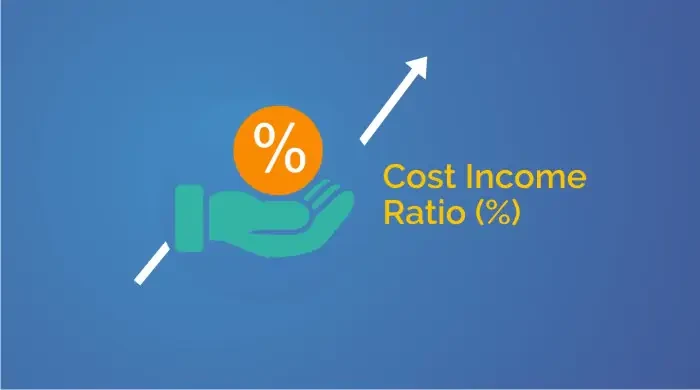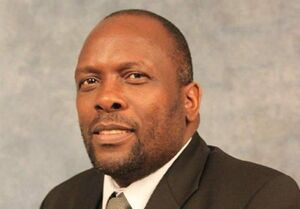
WASHINGTON — Whether or not the “fiscal cliff” impasse is broken before the New Year’s Eve deadline, there will be no post-cliff peace in Washington.
Report By Reuters
With the political climate toxic in Congress as the cliff’s steep tax hikes and spending cuts approach, other partisan fights loom, all over the issue that has paralysed the capital for the past two years: federal spending.
The first will come in late February when the Treasury Department runs out of borrowing authority and has to come to Congress to get the debt ceiling raised.
The next is likely in late March, when a temporary bill to fund the government runs out, confronting Congress with a deadline to act or face a government shutdown. The third will possibly be whenever the temporary bill replacing the temporary bill expires.
While Congress is supposed to pass annual spending bills before the start of each fiscal year, it has failed to complete that process since 1996, resorting to stopgap funding ever since.
Influential anti-tax activist Grover Norquist predicted in an interview with Reuters that conservatives would wage repeated battles with President Barack Obama to demand budget savings every time the government needs a temporary funding bill or more borrowing capacity.
The so-called “continuing resolutions” to which a divided Congress has increasingly resorted to keep the government operating, provide a “very powerful tool” to pry out spending cuts, said Norquist, president of Americans for Tax Reform.
- Chamisa under fire over US$120K donation
- Mavhunga puts DeMbare into Chibuku quarterfinals
- Pension funds bet on Cabora Bassa oilfields
- Councils defy govt fire tender directive
Keep Reading
Republican Senator Bob Corker of Tennessee said he will not be satisfied until there are substantial cuts to federal retirement and healthcare benefits known as entitlements, producing savings in the $4,5 trillion to $5 trillion range.
“Unfortunately for America,” said Corker, “the next line in the sand will be the debt ceiling.”
Most observers see the $16,4 trillion debt limit as the true fiscal cliff in the new year because if not increased, it would eventually lead to a default on US Treasury debt, an event that could prove cataclysmic for financial markets.
The Treasury Department said on Wednesday it would start taking extraordinary measures today to extend its borrowing capacity for about two more months. — Reuters











